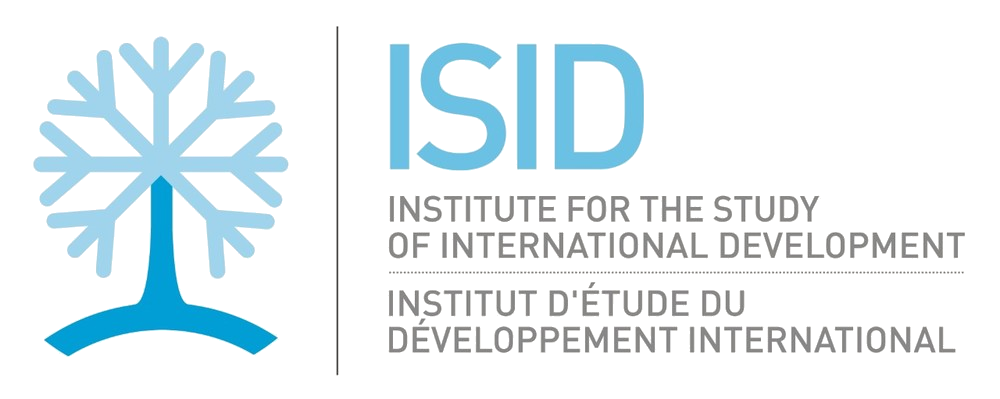Immigration and Refugee Protection Act of Canada: Economic Costs and Legal Issues
Tanjim Hossain, Fabian Lange, Ahmed Mushfiq Mobarak, Francesco Amodio, Nandini Ramanujam, Fernando Aragon, Jacinthe Dion, Ronald Wolthoff

Project Description
In Canada, foreign families with a child with a disability applying for permanent residency are sometimes denied on the ground of the Immigration and Refugee Protection Act (Article 38), that stipulates a person is inadmissible if their health condition "might reasonably be expected to cause excessive demand on health or social services." In 2017, a group of scholars including Francesco Amodio, Assistant Professor of Economics at McGill University, wrote a memo highlighting economic costs and legal issues related to this current policy. Indeed, they calculated that a typical immigrant family is expected to more than cover any additional costs arising due to the disability of the child, except in the most severe cases of disability. Besides, they claimed that the policy violates both the Canadian Constitution and its International Obligations by discriminating against children with disabilities, and undermines the integrity of the immigration system. Based on these arguments, they proposed amending the Act and issuing guidelines to Immigration Canada. The memo was shared with the Chair of the Parliamentary Committee working on this policy, in order to influence the Committee’s recommendations in this regard. In April 2018, the Canadian Immigration Minister, Ahmed Hussen, announced that the Government would no longer be allowed to reject potential immigrants based on physical or intellectual disabilities (Teresa Wright, The Canadian Press, April 16, 2018).

